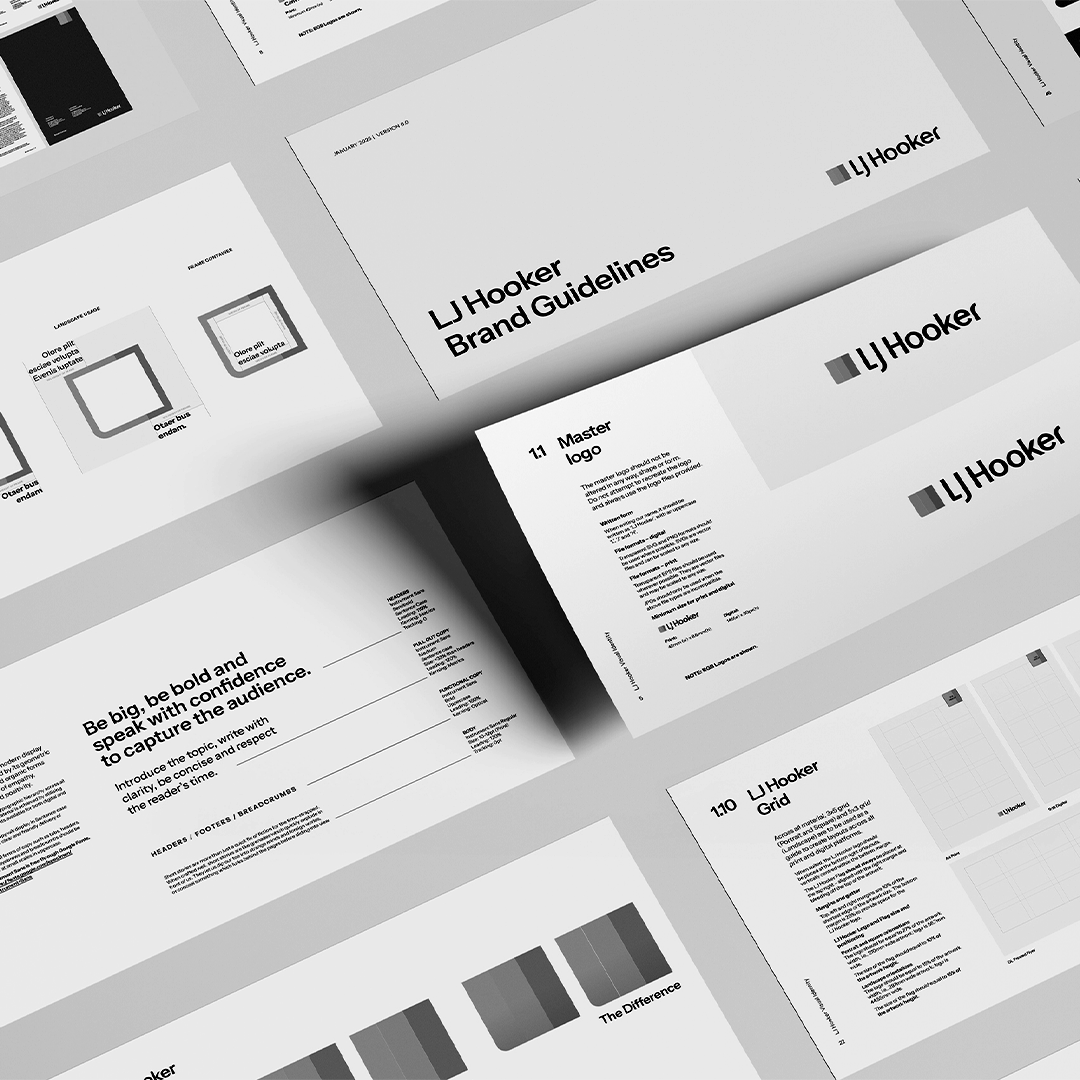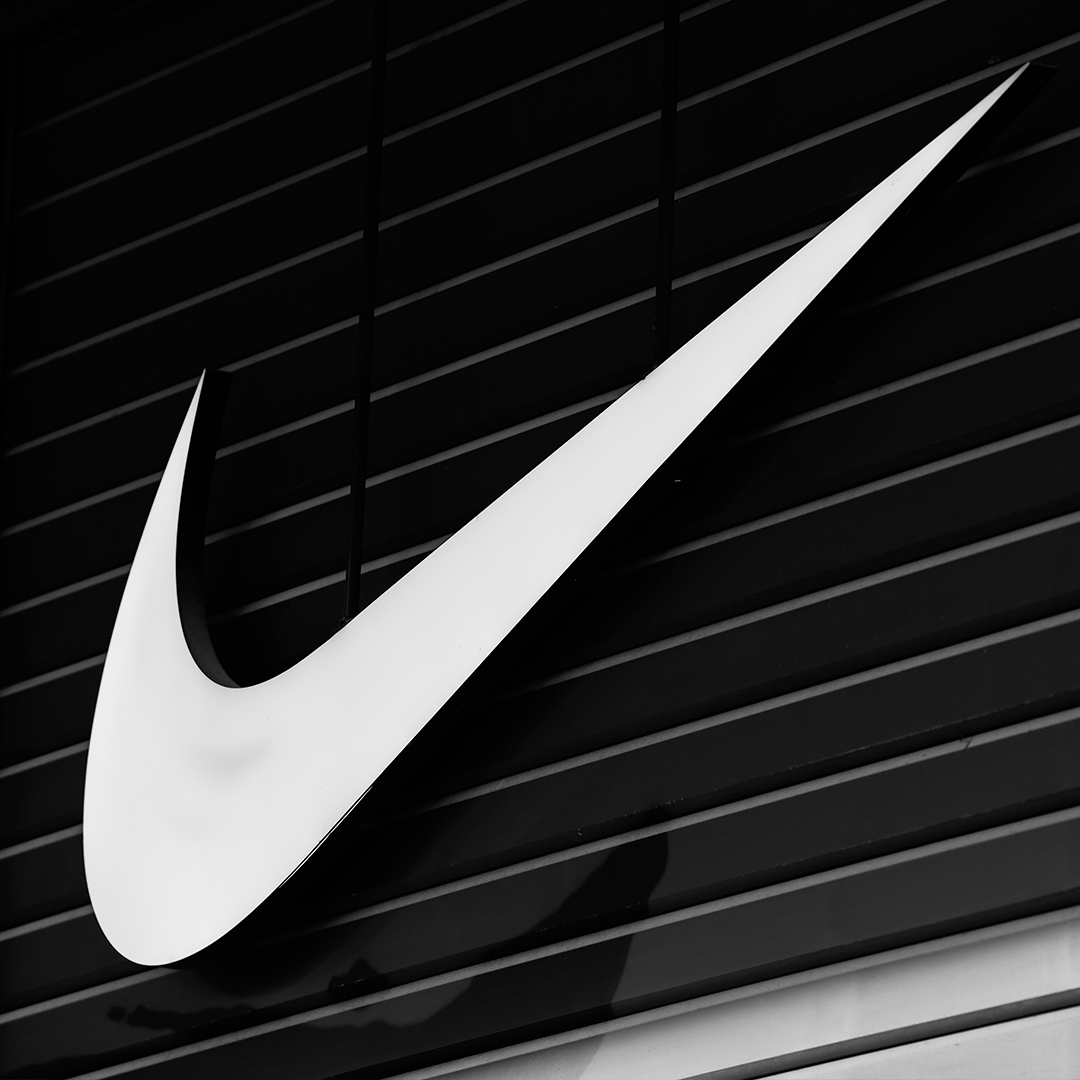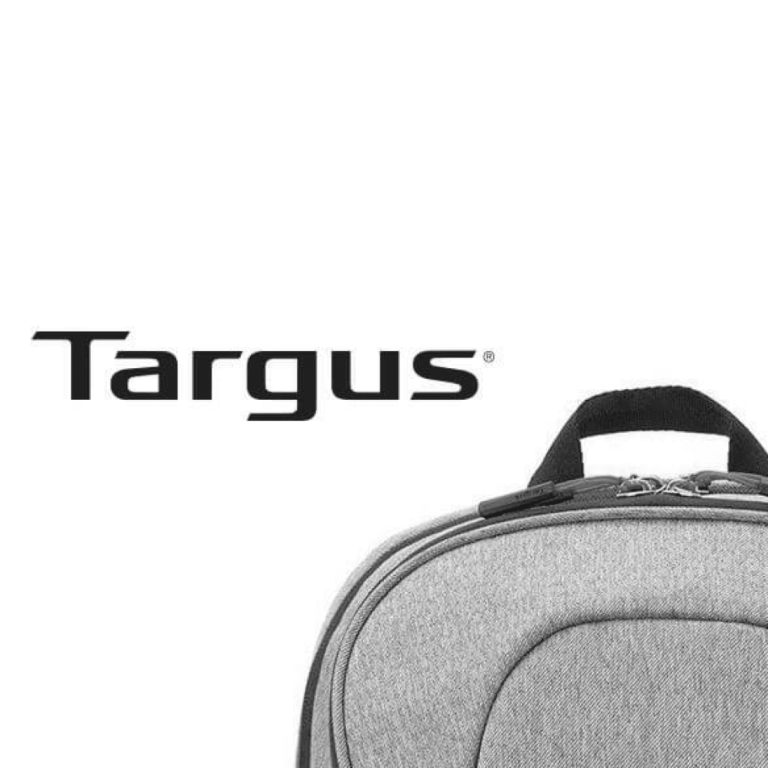INSIGHTS / CREATIVE & PHILOSOPHY
AI Is Not Going Anywhere: What It Means for Your Brand
UBERBRAND on 12/06/2025
In the rapidly evolving digital landscape, one certainty remains: AI is here to stay. Which begs the question, what are the implications for your brand?
Since its inception, AI’s influence has continued to expand at an unprecedented pace, fundamentally transforming how consumers discover, evaluate, and engage with brands online. While technological shifts like social media, mobile search, and influencer marketing have already reshaped the market, AI’s impact could be even more profound. It is poised to redefine your brand’s visibility, reputation, and revenue in significant – and possibly unprecedented – ways.
Recent studies (including this one by leading online visibility management and content marketing SaaS platform, Semrush), along with comprehensive data analysis and industry observations, point to one clear conclusion: content generation and AI-powered search are quickly becoming dominant forces in digital marketing.
Brands that fail to anticipate and adapt risk losing competitive ground. Conversely, those that embrace and optimise for AI can position themselves as leaders within their industries –even without a high Google ranking…Yes, really.

The Rise of AI Search: An Unstoppable Force
AI’s influence on search engines and information retrieval is growing exponentially. Today, tools like Google’s AI features, ChatGPT, Anthropic’s Claude, and Perplexity are no longer experimental. These LLM’s (Large Language Models – advanced AI systems that trained to understand, generate, and interpret human language) are becoming integral to how users access information online.
For instance, ChatGPT’s user base grew eightfold from October 2023 to April 2025, reflecting a sharp increase in reliance on conversational AI. Meanwhile, Google has integrated AI summaries and snippets directly into search results, fundamentally altering the traditional search landscape as we know it.
Learn To Go With the Flow
Your website’s main traffic source may soon shift from traditional organic search to AI-driven results. While this may seem daunting, it’s actually an opportunity – think of most consumers turning to AI assistants for answers. To get in on the action, it’s essential for your brand to be prominently featured in those AI responses.
Major companies like Amazon are already tailoring their product descriptions and FAQs to align with how AI systems read and interpret data. And you too can start implementing strategies that enhance your visibility within AI systems.
This involves understanding how AI “sees” your brand and structuring your content to be easily cited. Haven’t a clue where to start? There are specialised tools that can help you monitor your AI visibility, identify gaps, and suggest improvements. Just ask ChatGPT.
Because AI Visitors Are Highly Valuable
Recent research indicates that AI-driven visitors are significantly more valuable than those arriving via traditional organic search. Why? Because they’re approximately 4.4 times more likely to convert.
This advantage comes from AI’s ability to deliver highly personalised, detailed, and relevant information to potential customers before they even visit your website. As a result, these visitors are often already convinced of your brand’s value and offerings prior to clicking, strengthening your position in the customer journey. This can largely be attributed to one thing: the quality of your content.
Content Is Key
The need to create authoritative, optimised content that AI can access and cite is crucial, transforming digital engagement into stronger loyalty and higher conversions. Even a modest increase in AI-driven traffic can significantly impact your bottom line.
Focus on quality over quantity by developing well-structured content that directly addresses your audience’s specific needs, increasing the chances of AI systems citing your brand in relevant queries.
In an increasingly AI-driven digital landscape, having valuable, optimized website content ensures your brand remains visible, influential, and trustworthy – both to human users and AI algorithms alike.
Maintain clear messaging, consistent branding across all channels, and highly searchable content. Use tools to monitor your presence on AI platforms, respond promptly to any negative mentions, and continually refine your content based on these insights.

Case in Point
A recent case study reveals how Bombas ranks among the top recommendations for “best hiking socks” in AI language models, despite not appearing on Google’s first search page or being a traditional outdoor brand. This highlights the power of branding in shaping audience perception and AI recognition.
Key to this success is Bombas’ compelling brand mission “1 purchased = 1 donated”, which makes it instantly recognisable and sets it apart from competitors. Complemented by numerous positive reviews and strong social sentiment, these elements reinforce its reputation. Additionally, its B-Corp certification signals trust, social responsibility, and a commitment to purpose-driven business.
Together, these branding elements enable AI to favour Bombas for specific outdoor queries, demonstrating how a well-defined brand can influence search and recommendation algorithms beyond just product features.
Yes, AI Cites Lower-Ranking Pages
The whole game has officially changed. While many brands assume only top-ranking pages benefit from SEO, recent data shows that AI tools often cite sources ranked 21+ in traditional search results.
AI’s approach to sourcing is broader and more nuanced. It draws from a diverse array of data – user-generated content, niche forums, internal datasets, and the latest discussions – that may not have high search rankings but are highly relevant, credible, and valuable in specific contexts. AI prioritises informativeness, diversity, and relevance over simply the highest search rank, often citing lower-ranked pages if they contain more detailed, authoritative, or current information.
Yet again, this underscores the importance of building relevant, authoritative content and a strong digital presence beyond just aiming for the top of search results. It’s about positioning your brand as a trusted source that AI recognises and draws from, enhancing your visibility and credibility in the evolving landscape of digital influence.
6 Things You Can Do For Your Brand Right Now
1. Think Strategically
Maintaining high search rankings remains important, but it’s no longer enough. Develop niche-focused, in-depth content that strategically answers specific user questions. Becoming an authority in your niche not only enhances SEO but also positions your site as a trusted source for AI citation.
2. Create Content
Convey your unique expertise in a way no other could. Create comprehensive guides, FAQs, and detailed answers to common queries. This increases the likelihood of your content being cited by AI when relevant, positioning your brand as a trusted expert in your field.
3. Leverage AI Citation Hubs
Platforms like Quora and Reddit are increasingly cited in Google’s AI responses, especially for niche, technical, or specific questions. These sites have become valuable repositories of expert insights and detailed inquiries. Brands can leverage them effectively by engaging authentically with targeted communities, participating in relevant conversations, and sharing valuable, helpful content.
If you haven’t yet developed engagement strategies for these platforms, now is the time. Building genuine relationships and backlinks within high-authority communities can significantly enhance your brand’s visibility and recognition in AI-generated content, reinforcing your authority and trust in your industry.
4. Invest in Your Website
About half of the links in ChatGPT responses direct users to business websites – underscoring AI’s reliance on your site and your content for accurate information.
Invest in authoritative, well-structured content, diversify media formats, and optimise your website for crawling and AI comprehension by ensuring fast load times, mobile responsiveness, and proper schema markup.
5. Don’t Forget User Experience
One of the most critical areas to prioritise today is your website’s user experience (UX). Lower bounce rates, longer visits, and higher engagement signals are vital for both search engines and AI systems when flagging a winner.
Key UX factors include:
- Mobile-Friendliness & Speed: Essential for ranking and user satisfaction.
- Clear Navigation: Facilitates quick access to important pages for bots and users alike.
- Engagement & Interactivity: Encourage shares, backlinks, and repeat visits.
- Conversion Optimisation: Turn visitors into customers efficiently.
Creating a seamless, engaging, and fast website experience for your brand will help convert traffic from both traditional and AI-driven sources, ultimately boosting your bottom line.
6. Embrace The Shift
Ultimately, the rise of AI in digital marketing presents both challenges and opportunities. Your brand’s success – depends on how quickly you adapt to this AI-driven landscape.
So, invest in quality content, enhance your website’s UX, and cultivate relationships across key platforms.
By doing so, you’ll safeguard your existing audience and position your brand as a leader in the evolving digital world.

Final Thoughts
Optimising your brand for AI search isn’t just a trend – it’s a vital long-term strategy. Leading brands like Coca-Cola and Microsoft have historically embraced innovation to stay relevant; now it’s your turn to proactively shape your digital presence.
A good place to start is by tracking how your brand currently appears across AI platforms and refining your content strategy to meet AI expectations.
Remember:
AI Integration is Unavoidable: Adapt to AI-driven search and content to stay competitive.
Optimise for AI Systems: Develop authoritative, well-structured content for easier citation.
Value AI-Driven Traffic: Recognise its higher conversion potential.
Explore New Platforms: Leverage Quora, Reddit, and similar hubs to strengthen your visibility and presence.
Enhance User Experience: Focus on UX to foster engagement and conversions.
The future of online visibility is increasingly driven by AI, and those who adapt early will lead the way.
Need A Hand?
If you would like assistance bringing your brand into this new and exciting new era, we can help.
From content creation that meets your needs, to SEO implementation, UX design and everything in between, we have the skills and expertise to navigate these new frontiers with confidence.
Contact uberbrand today to explore how your brand can embrace AI as a core component of your digital strategy.






































